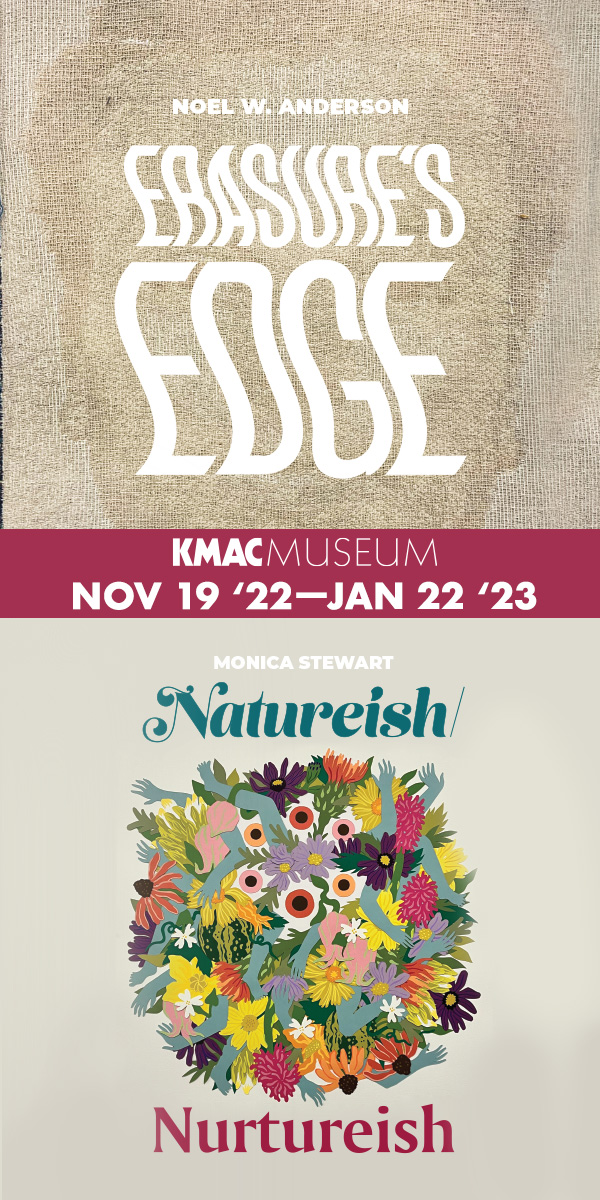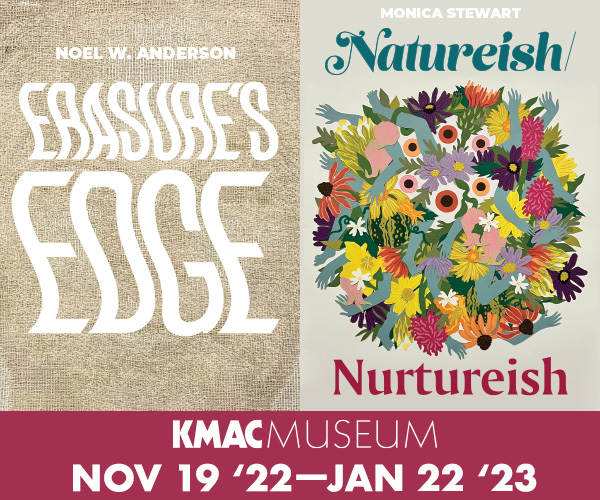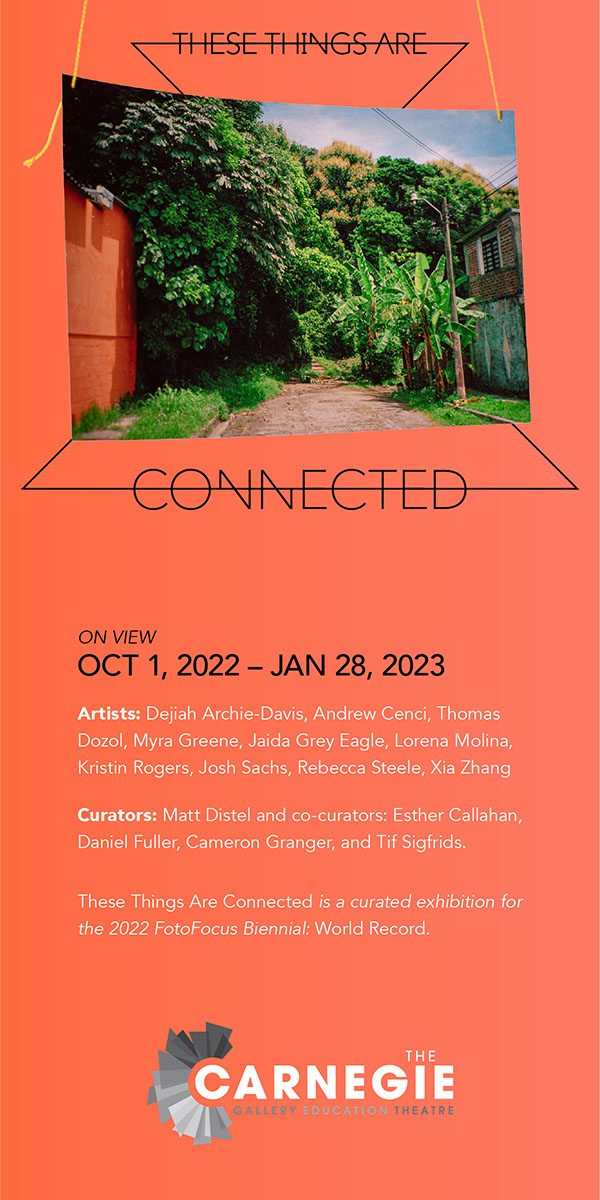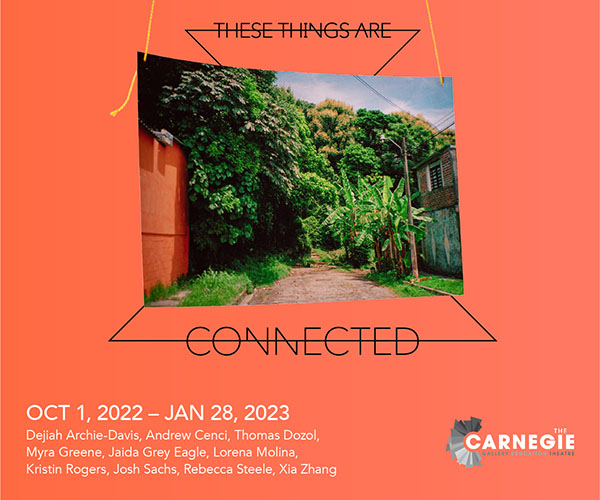Solace is defined as comfort or consolation in a time of distress or sadness. Many of us struggle for the words to express our feelings when terrible things happen – especially when close to home. A letter of solace to the campus community by Transylvania President Seamus Carey concerning the recent unrelated deaths of a graduate and a student brings meaning and definition to the inarticulate speech of distress, sadness and rage.
Dear Transylvania community,
Coming back to campus after the tragic events in March was, I admit, more than a bit surreal. Spring is here in its complexity, at one moment threatening rain and sleet and at another sunshine and balmy skies. It is easy to see faculty and students rushing toward the semester’s end and May term with mixtures of reluctance, anticipation, and hints of joy. Yet there is also the lingering reality that we lost two of our family, Katie Stewart ’16 and Stephanie Moore Shults ’08, to tragedies that have hurt us, as Oscar Wilde wrote so precisely, with their absolute incoherence, their absurd want of meaning, and their cruel violence.
I feel the need to speak to both deaths because we are a loving community and such deaths go against so much of what we teach and defend with our hearts and minds. We seek so hard to understand things and the world, to plot out and measure their orbits, to expose their secrets, and to find their meaning. Yet, we know at heart that the events of last month are without inherent meaning. They are signposts of the void we all know is out there, and they remind us that even our iron laws of nature are just imaginary walls we build to keep the universe at bay. And because we know these things, we can believe that our deepest sufferings are all that we have, are all that is.
We owe it to Katie and Stephanie and to each other to face their deaths in all their complexity. And make no mistake; they are complex. One cannot be explained; one bears a terrible explanation. Both scourge our hearts, but each demands a different response. There is not, and never will be, an explanation for accidental death. No amount of energy or investigation or reason can ever fix with certainty why Katie fell, and if they could, the knowledge would not be enough to assuage the grief we feel or provide the solace we need. Such a death reminds us that there are times when life hurts like hell and it will not be alright.
But it also teaches us to cherish what we have of the person we lost and to remember to ask each other how we are now, today. I am not suggesting that we seek to live only in the moment, but rather to live in each moment we have. Despite the pain it brings, I believe we must choose to be open and vulnerable to the world. We need to seek it through our tears with wonder, and amazement, and modesty, and a sense of doubt. I have faith, and so I will say that I believe that we also need to cry our rage to the heavens. I know that God’s voice is too often inaudible, but if so then we must cry out louder again. Katie’s gift to us is to remind us, in no uncertain terms, to share the love we hold back.
Stephanie’s and Justin’s deaths were not accidental. They were random: a matter of arriving in a place too soon or staying too long, but they were made to happen. Terrorists killed Stephanie for a politics in which she played no part, and she is a victim of a war in which she was no combatant. She died for someone else’s “right side,†and her death is proof of the damnable arrogance of all certainties. Those who killed her did so because they could not imagine any other way to be heard and because they saw their actions as a supplication. I will not believe that anyone’s God, no matter how much glory they proclaim, will ever accept murderous devotions. I do not have enough words to define what is goodness or holy, but I know it was not what happened in Brussels. I know, too, that our angers are not with nature, or culture, or religion but with men. And I know that such knowledge must be taught at Transylvania.
Going forward, as hard as it may be, we need fiercely to hope. There is no end to grief, Augustine teaches in the Confessions, but there is fortitude and gratitude, and forgiveness, and a return in time to joy. Together we have the strength to bear up under what we have been given. We can be grateful for the strength that comes from our numbers and our willingness to cry together, to work together, to resolve together to do what must be done. We have the power in what we teach and what we learn to ensure that no one feels so voiceless that killing is an answer, that no one imagines themselves so alone that killing is a comfort, that no one feels so enraged that murder is a prayer. We teach the light that others may learn from that light. We need, each of us, all of us, to ignite a thousand candles.
I have written perhaps too darkly of dark matters, but I do not wish us to remain in the dark. We have come through a terrible time. But we have come through. We are here, and we must move on, not by forgetting our grief or ignoring our tears, but by acknowledging that we have drunk of Medea’s cup and passed it on to another for their turn. There are memories to cherish and angers to turn into actions. There are friends and families to hold to a little more tightly; there are others to love more determinedly. There are also classes to attend, papers to write, exams to take and grade. There is life and living.
In the coming months we will remember Katie and Stephanie officially on campus. Plans are underway for a paver to be placed in Alumni Plaza to honor Stephanie. The Class of 2016 is pursuing a thoughtful way to remember Katie with their class gift. But, in addition to these tangible memorials, let our personal memorials be to help and heal each other as Katie and Stephanie would have done if they were here. Let us choose to make a way for everyone to come out of the wilderness as they would have done were they beside us. Let us remember them by remaking the world as they would have done if tragedy had not struck. Let their legacy be our resolve to seek justice, to grant mercy, and to serve the world and all who dwell in it.
Sincerely,
Seamus Carey




